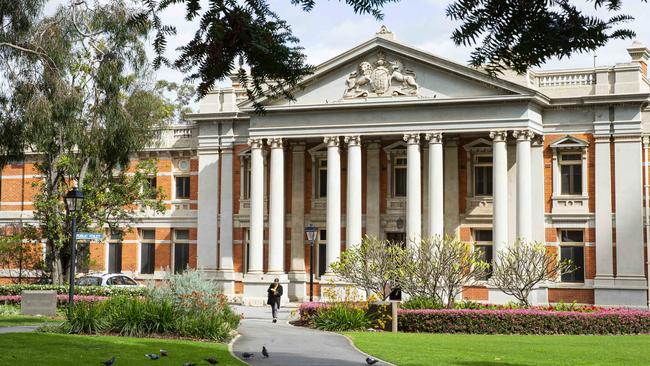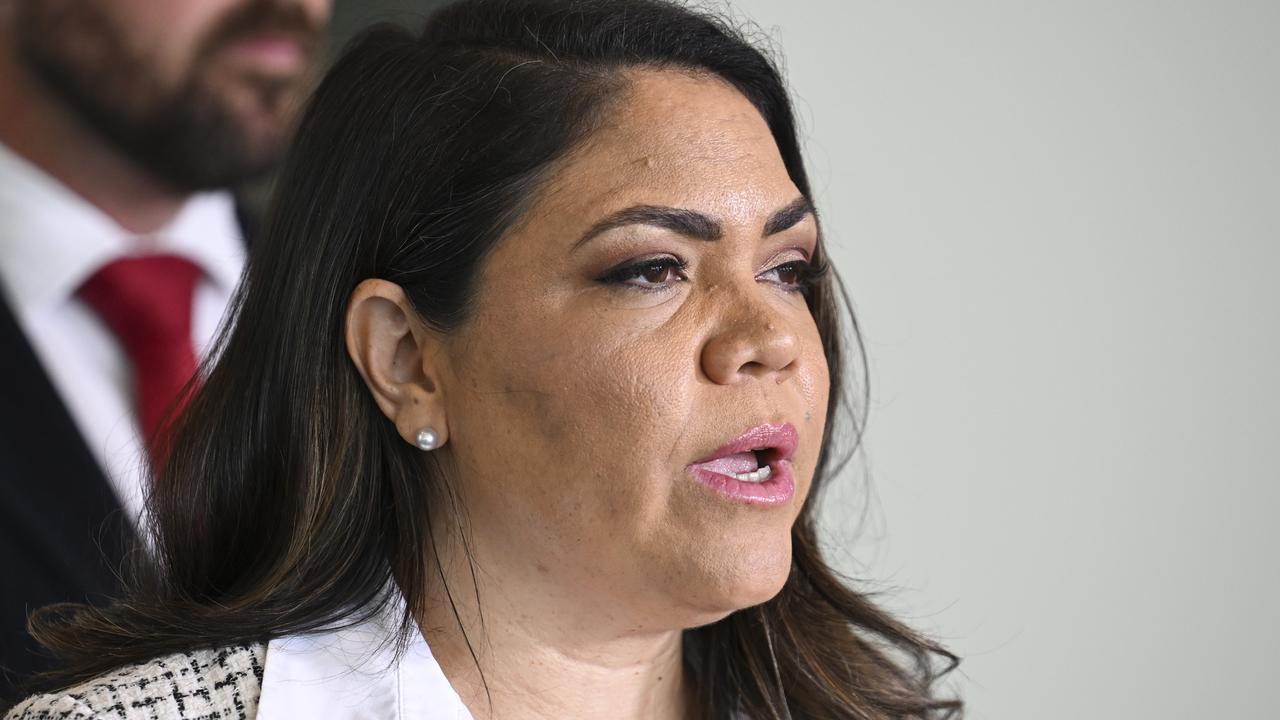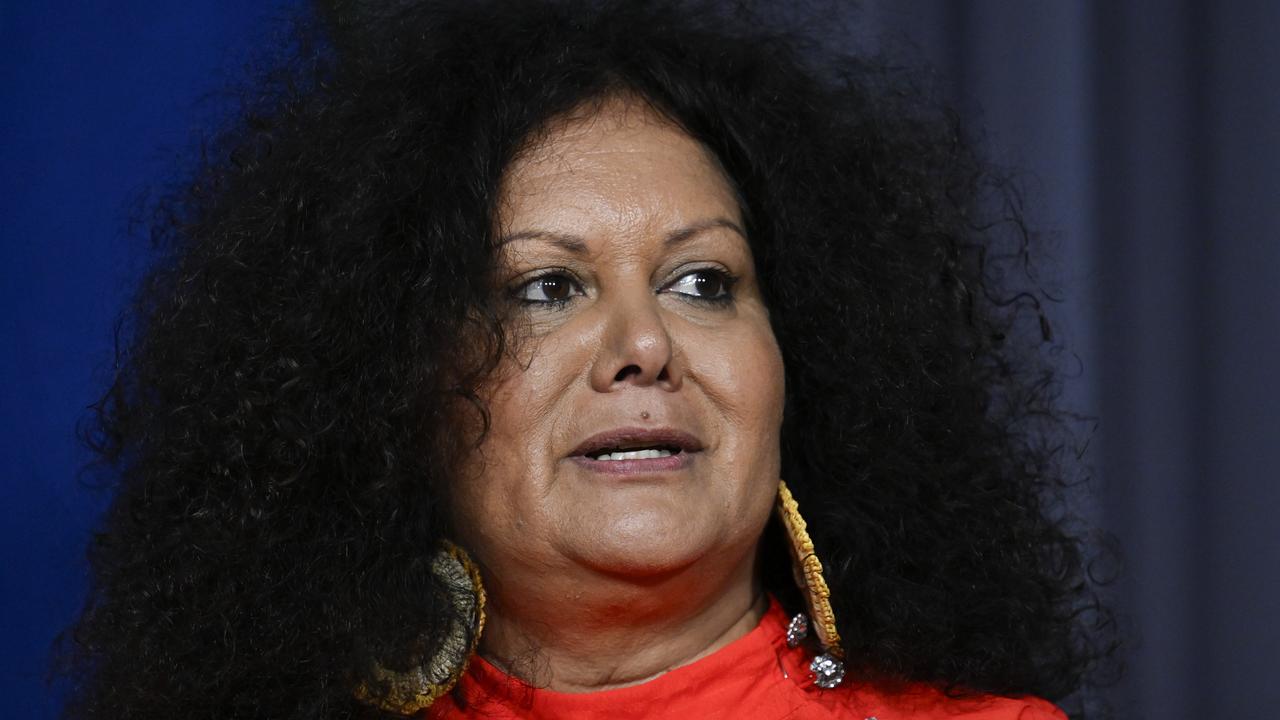Sisters’ Noongar funeral fight decided by WA’s Supreme Court
A row between a wife and a daughter over the funeral arrangements for a 35-year-old grandfather has been settled with a judge ruling on the side of culture.

A dispute between two grieving Aboriginal women over the funeral arrangements for the body of a dead 35-year-old grandfather has been resolved by Western Australia’s Supreme Court.
The man’s adult daughter and his wife of almost one year ended up in the state’s highest court amid a near two-month-long disagreement over whether the man wished to be buried or cremated.
His wife, Dorothy Woods, wanted his body cremated so she could carry his ashes with her, but his daughter, Terika Farmer-Woods, had argued that such a practice would go against Noongar cultural traditions and would prevent her and her family from being able to visit his grave.
The man, who was not named by the court, died on February 28 and his body had been lying in the Office of the State Coroner ever since. The cause of his death had not been determined at the time Supreme Court Justice Gary Cobby handed down his decision, with the coroner still waiting on the results of a toxicological analysis.
The man left no will, and his daughter and wife presented conflicting accounts of the wishes he expressed before he died.
The man’s brother, Leslie Woods, told the court the man had come to his house in Katanning, in WA’s southwest, early on February 11 in a distressed state. He told Mr Woods he had been awake for a week, that he had “had enough of life”, and that “when I die, I want to be buried and put on top of my father in Tambellup”.
Mr Woods said he offered to take his brother to the courthouse to fill out a declaration about his wishes, but his brother said he didn’t want to go there “because he was on the run”.
The man was arrested and incarcerated in the northern WA town of Broome, where his wife lives, four days later. He was released on February 26 and travelled to Perth the next day to see his newborn granddaughter. But on February 28 he was found dead at a home in Gosnells.
Ms Farmer-Woods told the court that on the day before his death, he had told her to “please bury me with my father”. She said her father had never told her he wanted to be cremated, or that he had become a Christian.
An affidavit from the man’s mother described how cremation is not in accordance with his family’s cultural, spiritual and traditional beliefs. “Her evidence is that the prospect of the deceased being cremated is very distressing to her, and that her family, including the deceased’s children and his granddaughter, need to be able to visit his grave to grieve and for cultural reasons,” Justice Cobby wrote.
Noongar elder Ezzard Flowers gave evidence that bringing remains back to home country was central to the Noongar funeral process, while prominent Indigenous figure Mervyn Eades submitted an affidavit describing cremation as “a Westernised burial practice that should never be done to a Noongar person”.

Ms Woods told the court her husband had told her he wished to be cremated so she could carry him with her. She said they had been married in a Christian ceremony by a pastor of Noongar descent, and that he had attended church weekly with her.
Justice Cobby ultimately sided with the man’s daughter, saying Noongar cultural and spiritual beliefs “should prevail” over the wife’s claim. He said he appreciated and regretted the distress his decision would cause Ms Woods.



